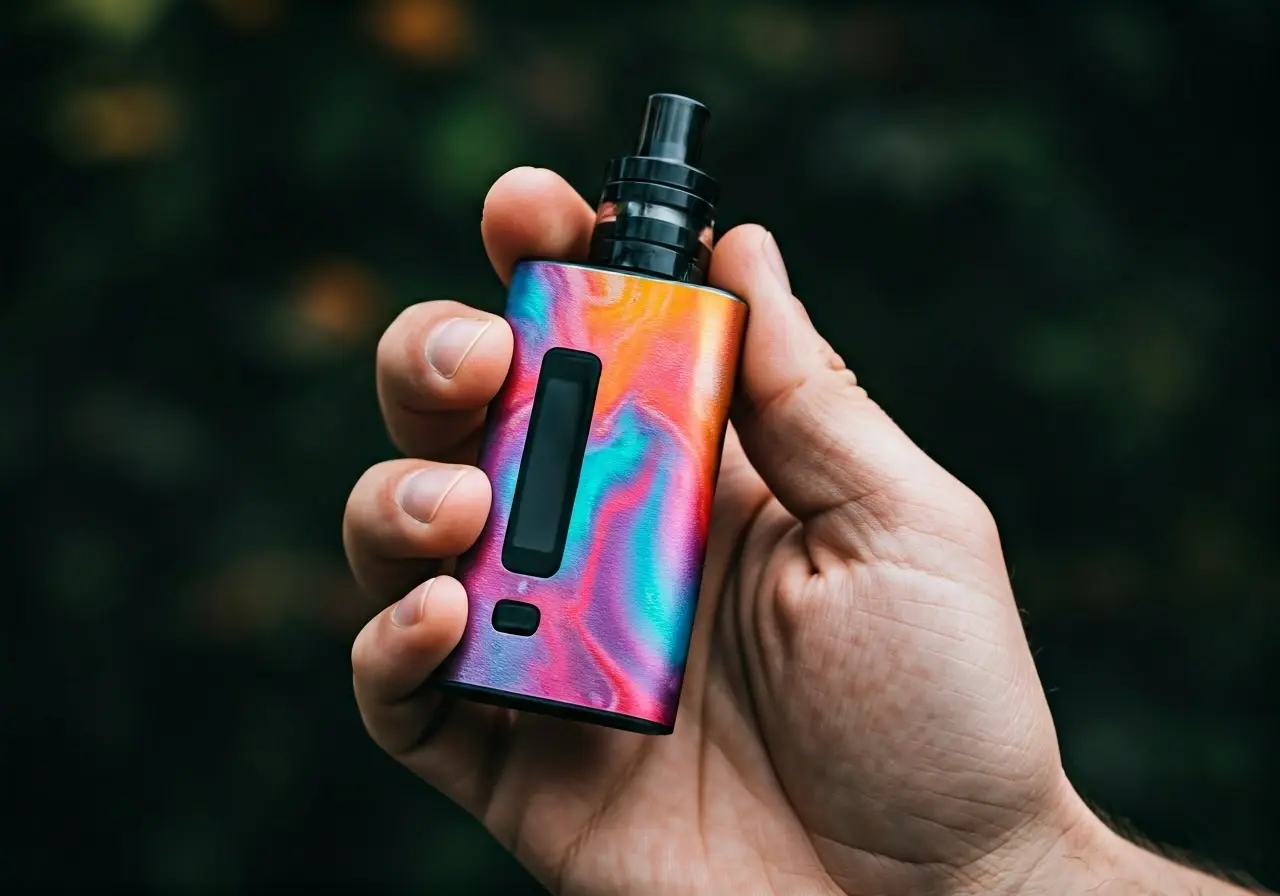Quitting smoking is a challenging journey, and many smokers are turning to disposable vapes as a potential aid. But can they really help? In this FAQ, we’ll dive into the role of disposable vapes in smoking cessation, exploring their benefits and potential drawbacks.
What Are Disposable Vapes?
Disposable vapes are compact, single-use electronic devices that vaporize flavored nicotine liquid. They’re designed for ease of use, concerning smoking transition without the need for maintenance or refilling.
These vapes are particularly appealing due to their simplicity. No need for charging, assembling, or replacing parts—just open the package and begin vaping. This makes them a go-to option for users seeking hassle-free nicotine delivery.
The variety in disposable vapes is impressive, encompassing numerous flavors and nicotine strengths, catering to individual preferences and enhancing the user experience.
How Do Disposable Vapes Work?
These vapes require no setup. Once activated, they heat the liquid to create a vapor that users inhale. This process closely mimics the sensation of smoking, which can be beneficial for those looking to cut down or quit.
Disposable vapes come pre-filled with e-liquid and a charged battery. When you take a puff, the battery powers the heating element, turning the e-liquid into vapor instantly.
The absence of buttons adds to their convenience. Inhaling activates the device, seamlessly integrating into the smoker’s routine without a learning curve.
Advantages of Using Disposable Vapes for Quitting
Disposable vapes can be convenient, offer a smoke-free nicotine option, and help mimic the hand-to-mouth action of smoking. Additionally, they come in various flavors, potentially making the transition smoother for users.
Their portability is another significant advantage. Carrying a device that fits easily in your pocket or bag provides a discreet way to maintain nicotine intake without being tethered to a larger vaping kit.
Moreover, they cater to the psychological aspect of smoking cessation, where traditional habits, such as handling a cigarette, are difficult to give up. The act of vaping satisfies this habitual need, offering familiarity in an unfamiliar quit process.
For people keen on reducing their exposure to harmful tobacco smoke, disposable vapes provide a viable alternative. According to Harvard Health, they may also aid in reducing the daily number of traditional cigarettes.
Potential Drawbacks to Consider
While convenient, disposable vapes can be costly over time. Their environmental impact is also a consideration, as they contribute to electronic waste. Moreover, they still deliver nicotine, which can be addictive.
Users should also note that some vapes offer varying levels of nicotine, which can inadvertently lead to higher consumption if not monitored. It’s essential to understand the product to avoid replacing one addiction with another.
Furthermore, reliance on flavors might inadvertently appeal to younger, non-smoking demographics, raising ethical concerns regarding underage usage and its implications.
Are Disposable Vapes Effective in Smoking Cessation?
Success varies among users. Some find them helpful as a transitional tool, while others may not experience significant benefits. It’s important to pair their use with other cessation strategies for the best outcome.
According to research, there is modest effectiveness in using e-cigarettes for those attempting to quit. Integrating them within a structured cessation program might enhance success rates.
Lou Square provides access to a vape shop where users can try different options to find what works best for them in their quit journey.
Final Thoughts on Using Disposable Vapes to Quit Smoking
Disposable vapes may offer a stepping stone for those looking to quit smoking. While they can mimic the act of smoking and provide nicotine, success often comes down to individual preferences and broader lifestyle changes. It’s crucial to explore all options and consult healthcare professionals to design a suitable quit plan.



